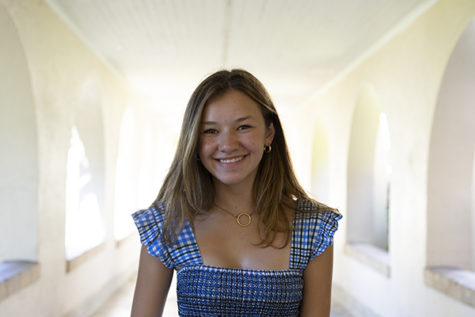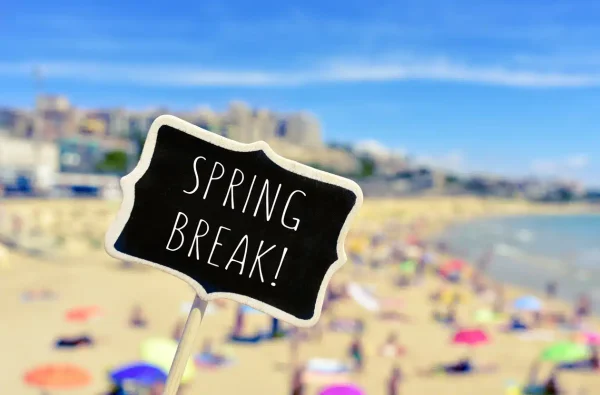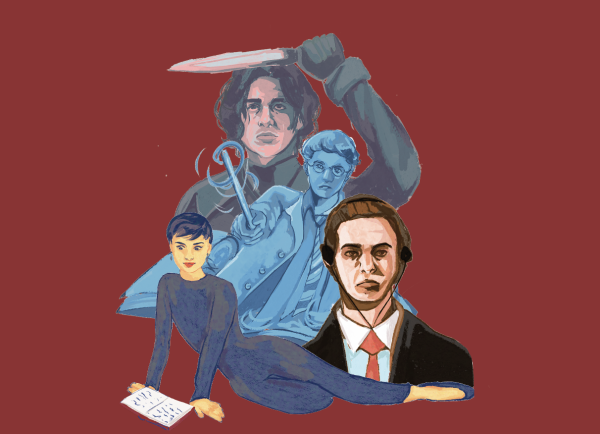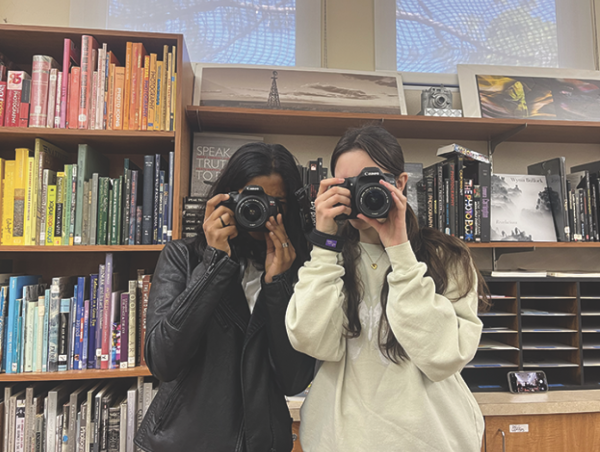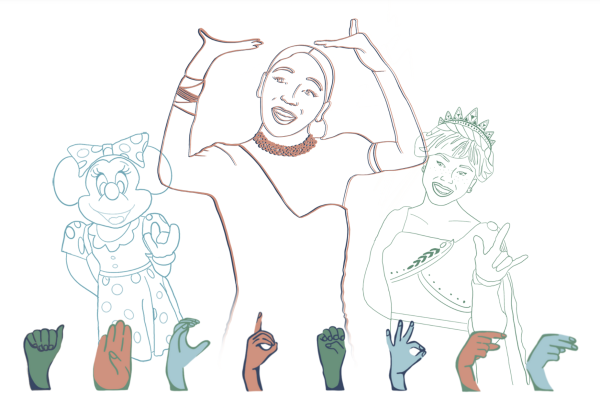It’s like Deja Vu…All Over Again
Many have experienced the vivid yet ambiguous feeling of recollection that can occur in a split second. This mysterious phenomenon that is déjà vu has resulted in many startling experiences which have been explained by many intricate theories that still remain unproven.
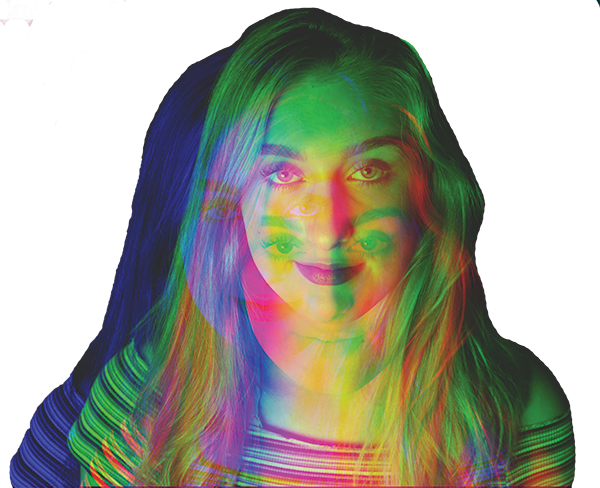
Everything feels normal until your consciousness staggers; the present moment has triggered a sense of familiarity, presently causes an obscure sensation. This unexplainable experience is known as déjà vu, causes a brief moment distorted reality. The occurrence can be triggered by a smell, taste, conversation or encounter that one believes has occurred in the past. There have been many different theories that attempt to explain why this feeling occurs, but information on the experience has been inconclusive when it comes to discovering the mystery. The feeling known as déjà vu, is a term derived from the French language that means “already seen.”Although more than 70% of the population have encountered this phenomenon, it is rarely discussed. Science currently can not explain much about déjà vu, but the feeling is so common that it is compelling for people to understand why these real-life experiences occur.
Despite the number of people who have encountered this indescribable feeling, scientists are unable to confidently specify where or why it occurs. So far, it has been concluded that déjà vu takes place in the temporal lobe of the brain; some scientists theorize that mini seizures in this lobe cause the intuitive experience. Déjà vu’s enigmatic qualities are heightened, thus acting as a puzzle waiting to be solved.
Although discoveries regarding déjà vu have been slight, scientists have recently discovered that younger generations, specifically those from the age of 15 through 25, experience déjà vu most frequently. One of the most interesting observations scientists and researchers have made about déjà vu is that the feeling allows them to predict future events. Other scientists argue that when their brain triggers the feeling of familiarity in a certain moment, they are able to predict what will happen next. Although scientists say déjà vu is strictly based on previous memories we store in our brains, these contrasting observations promote a controversial argument regarding the perception of déjà vu. So, is this simply a coincidence or is it a beacon for something much bigger that is yet to be discovered about how our minds work?
Many theories have been constructed about this biological process, but no definite conclusions have been made. Some of the most well-known and successful philosophers such as Plato, Aristotle and Socrates were not focused on solving the mental illusion of déjà vu, instead, occupying themselves with the theorems of calculus and discovering the elements on the periodic table. Because of this, the first spike of interest in this anomaly didn’t occur until the 1800s. Because this sensation cannot be scientifically measured, researchers are limited to producing conclusions through a few primary theories that are entirely based upon the observations of those who have experienced it firsthand.
Just like the smell of pine can bring back memories of the holidays, tastes, situations, and interactions can bring someone back to a past experience. Some believe that this is the basis of where déjà vu comes from. But the hole in this theory is why déjà vu often times brings back memories that never actually happened in one’s past.
Imagine you are having a conversation with your friend, and he or she mentions a specific topic or key word that provokes something extraordinary. A wave of reminiscence gushes over you and you just sit there in awe of this bizarre experience. Déjà vu can be further explained through the peculiar and unorthodox theory of parallel universes. Those who support this theory claim that déjà vu occurs when we have “crossovers” with a parallel version of ourselves, possibly doing a similar action simultaneously in a completely different universe.
Precognitive dreams are a different type of psychological concept that can be used to explain déjà vu. Some believe they are able to make conjectures about the future through a intuitive sixth sense; it often happens when you recall living through a certain moment in your dream that then occurs in your real life. To help prove this hypothesis, aeronautical engineer J.W. Dunne conducted an experiment in 1939 using Oxford students as test subjects. After numerous trial runs, he effectively concluded that 12.7 percent of his subject’s dreams were similar to future events. More recently, in 1988, researcher Nancy Sondow had similar results with about ten percent similarity observed between events in the subject’s dreams and their real life. Because dreaming is not a conscious action, it makes sense as to why we don’t remember exactly how and why we are reliving that moment, but rather that the moment has an eerie sense of familiarity.
The “glitch” theory is often considered the most unconventional and peculiar theory that attempts to explain déjà vu. The theory is loosely based on Albert Einstein’s proposal that there is no such thing as time, but rather it is a human creation specifically designed to provide structure and order in society. It works to describe how déjà vu is a momentary breakdown in this philosophical framework of time. If time is a fantastical societal construct, then it is possible we are living in the past, present and future at the same time. Therefore, when déjà vu occurs, we are perceiving a deep level of consciousness where we can live through more than one experience at a time. This eccentric theory perfectly captures how confusing déjà vu can be, and how complex the theories can get.
Now that you understand the relatively nonexistent nature of scientific findings regarding déjà vu, let’s delve into the experience of it. At its most severe levels, déjà vu can save, or even ruin lives. For most, déjà vu does not occur very often; it is short and sometimes sweet. But for others, déjà vu can be an extreme and ravenous everyday experience that can severely affect their life and well-being, positively or negatively. Pat Long, a journalist at the Times and the Sunday Times, is currently writing a book about his brain cancer’s effect on his memory and personality. Long’s experiences with déjà vu are so extreme that he lost touch with where reality ends and déjà vu begins; his visions put him in unusual places that he believes he has been in before, even though he hasn’t. déjà vu has severely affected his life and his perception of who he is and what is real in the world.
Déjà vu has always been and will continue to be a mystery. As poet Margaret Atwood wrote in her poem Procedures For Underground, “though we know we had never been there before, we knew we had been there before.” déjà vu manages to pass through many of us. Although we know the feeling of it, few of us know the meaning behind it. Despite the fact that scientists and philosophers will continue to produce theories about déjà vu, there will always be holes in its scientific explanation. Although one may not fully understand what déjà vu is, it can be an enlightening experience to be more aware of when it occurs, giving you the opportunity to strengthen and expand your imagination. So next time déjà vu hits you, stop, ponder, conceptualize and share. The more we scrutinize, the more we can discover.
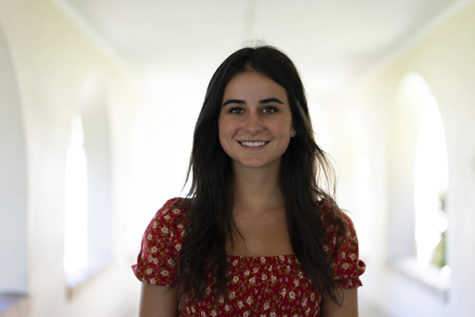
Katherine joined C Magazine because she was amazed by the creative designs as well as interesting text the magazine continuously presents. She love the...

C Mag’s fun and creative environment initially attracted her to joining the staff, but her favorite part of being on the publication is hands down...


